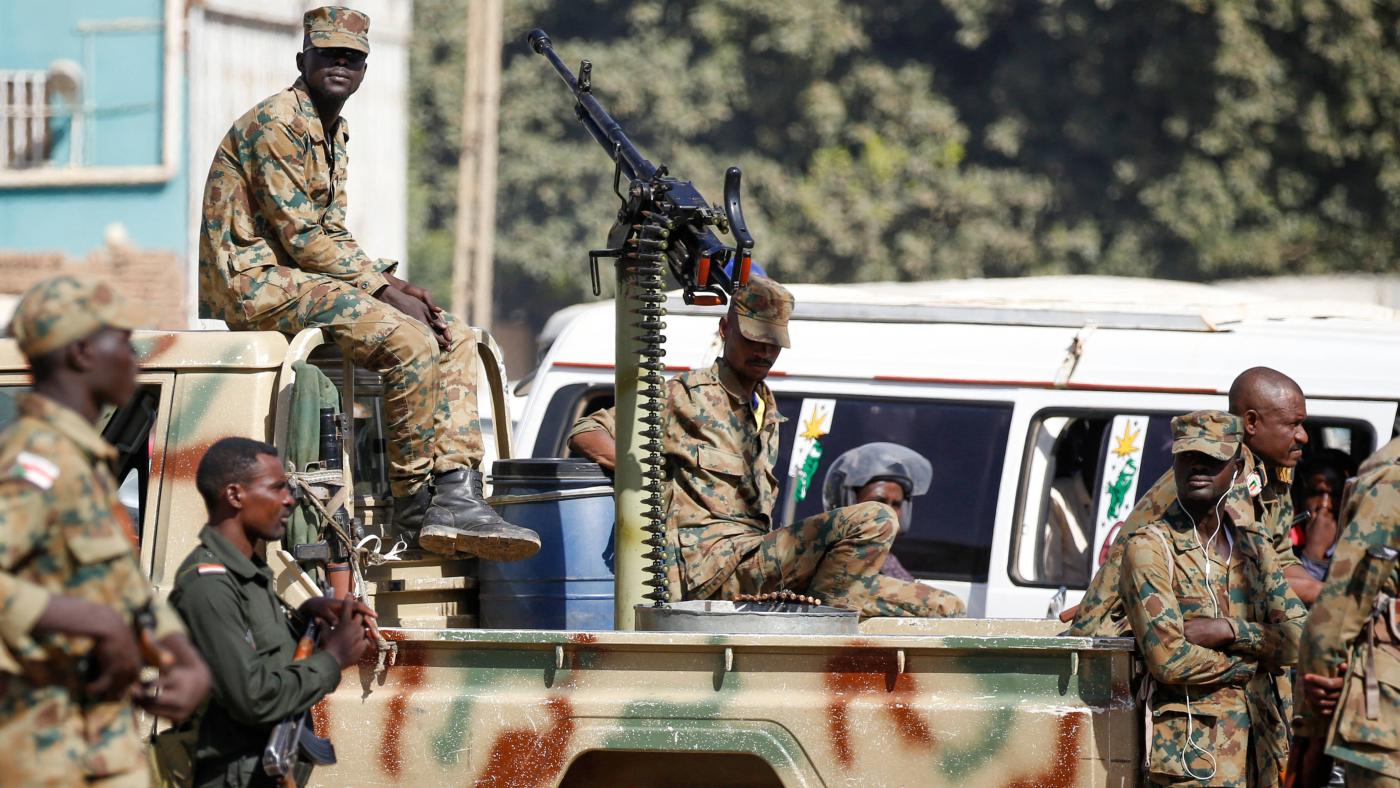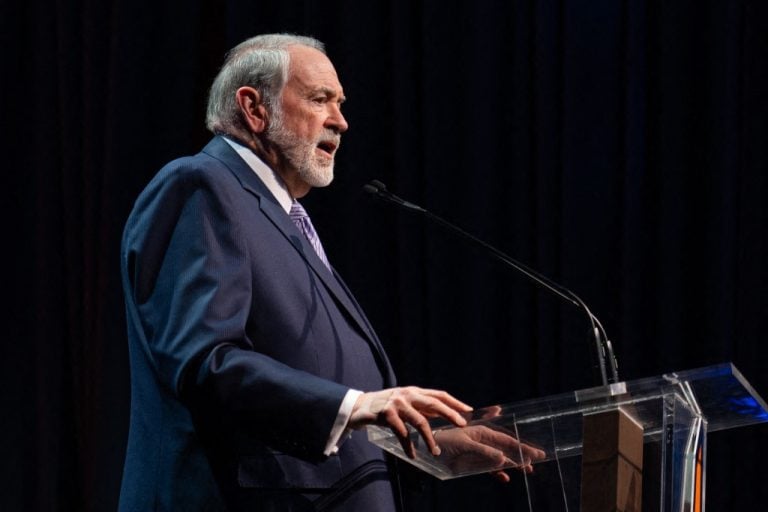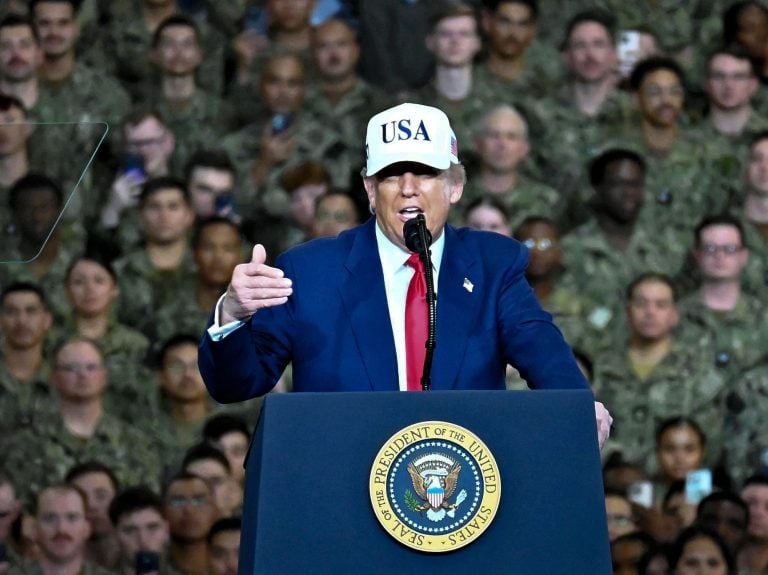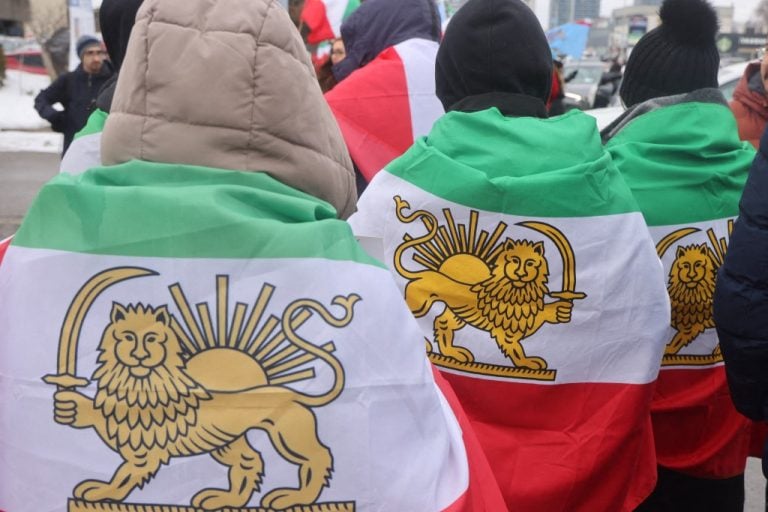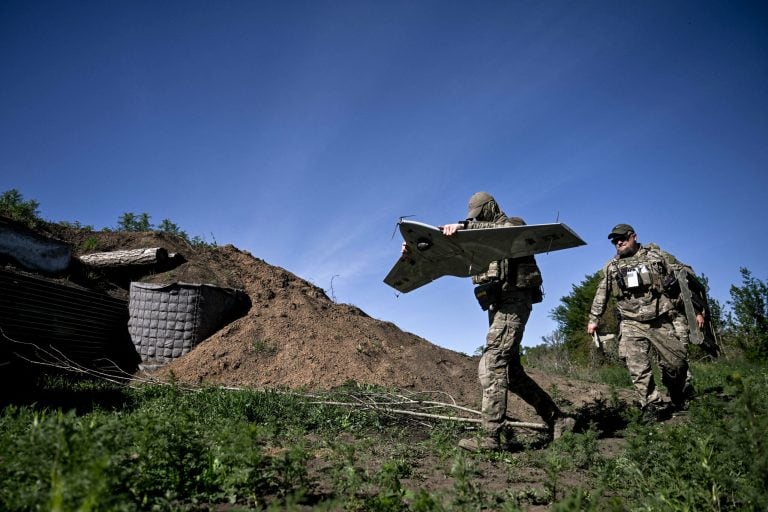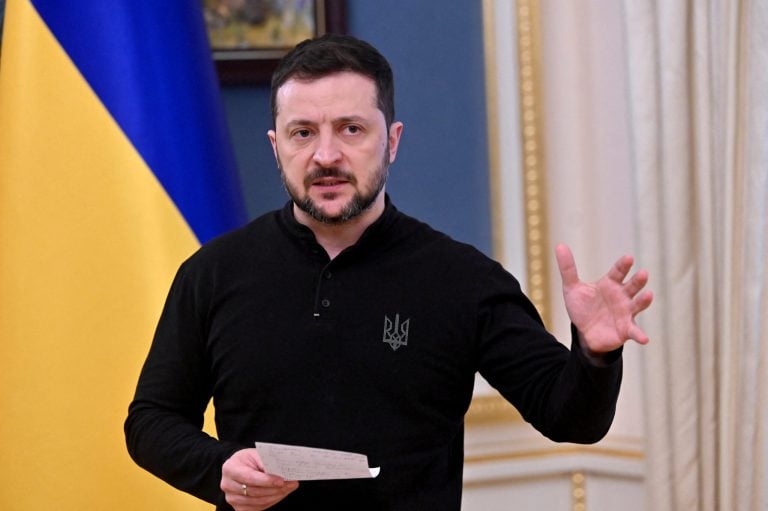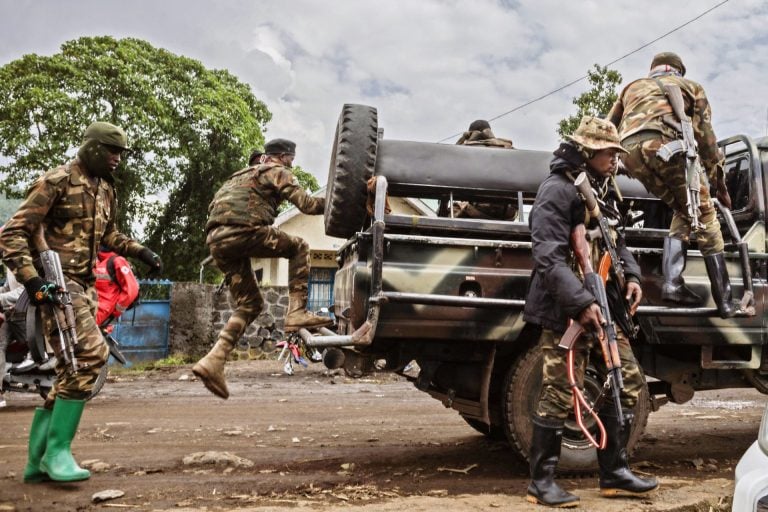Sudan’s military leadership has taken a firm stance against ongoing conflicts with paramilitary forces, asserting that there will be no negotiations regarding their discord. General Abdel Fattah al-Burhan, the army chief, emphasized this declaration during a ceremony marking the centenary of the Sudanese armed forces. He stated his unwavering commitment to what he described as a “battle for dignity,” pledging to defeat the rebellion led by the paramilitary Rapid Support Forces (RSF) without considering any compromise or reconciliation, regardless of the potential costs.
This declaration follows a recent discreet meeting in Switzerland between Burhan and Massad Boulos, the U.S. envoy for Africa. Reports from two Sudanese government sources indicate that the discussions revolved around a new peace proposal from the United States. However, previous mediation attempts by the U.S. and Saudi Arabia have not succeeded in establishing a ceasefire, underscoring the challenges facing peace efforts in the region.
The Rapid Support Forces, which are under the command of General Mohamed Hamdan Daglo, have been accused of trying to forge a separate governing authority in western Sudan—territory they currently control. The United Nations Security Council expressed strong condemnation of this initiative, labeling it as a direct threat to Sudan’s national unity and territorial integrity.
The ongoing conflict, which is now entering its third year, has resulted in catastrophic humanitarian consequences. It has claimed tens of thousands of lives, displaced approximately 13 million individuals, and plunged the nation into one of the gravest hunger and displacement crises globally.
In response to the worsening situation, the European Union issued an urgent call for all parties involved in the conflict to facilitate the entry of international humanitarian aid. This appeal coincides with the country facing its most severe cholera outbreak in years. The EU’s statement, co-signed by nations including Britain, Canada, and Japan, highlighted the necessity of civilian protection and unrestricted humanitarian access, emphasizing the dire need for assistance in the war-torn nation.
